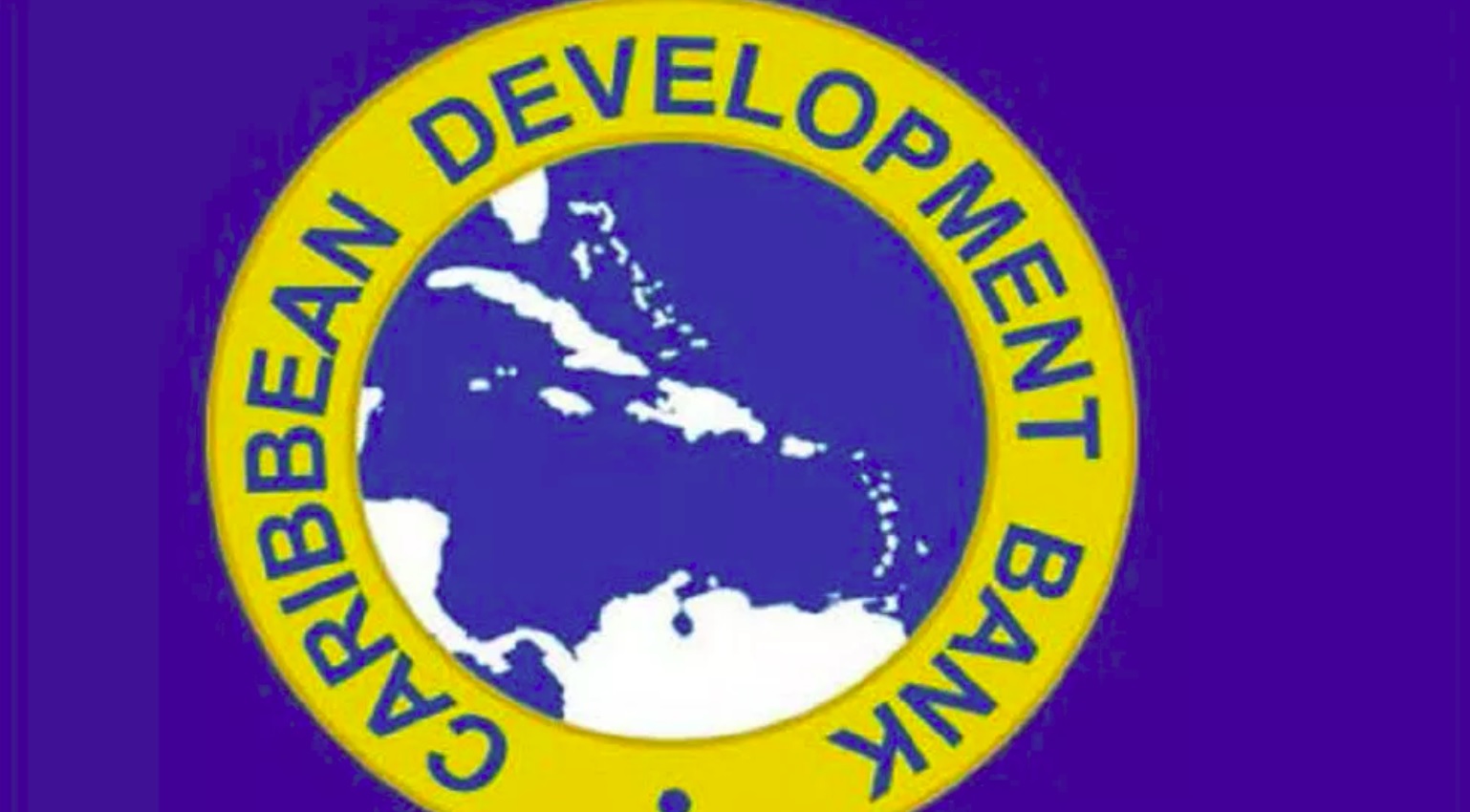WILLEMSTAD, Curacao, Sept. 30, 2014 – Cyber security was top of the agenda as over 80 technology professionals from 15 countries gathered in Curacao for the second day of a major regional technology conference.
The meeting is the eighth regional gathering of the Caribbean Network Operators Group (CaribNOG).
Because technology plays such an important role in the region’s development, cybersecurity is a major concern, said Shernon Osepa, the Curacao-born manager of regional affairs for the Internet Society (ISOC) Latin America and the Caribbean.
“A lot of commercial banks in the region are being attacked, but they simply don’t report when these attacks are done. So we know that they are happening but we don’t know to what extent,” Osepa said.
“These attacks are being masterminded by people who are highly educated, technically competent and very knowledgeable about Caribbean security vulnerabilities. This is their full-time job. And it is a global industry.”
Osepa, alongside Albert Daniels, manager of stakeholder engagement for the Caribbean at the Internet Corporation for Assigned Names and Numbers (ICANN), delivered the day’s first presentations, which focused on the need to secure critical Caribbean Internet infrastructure.
“2013 was the year of the mega-breach,” Daniels said, explaining that the number of security breaches reported internationally hit a high last year, a trend that has continued in 2014.
Daniels said the region’s businesses, governments and citizens needed to better understand the real-world repercussions of unsafe practices in the digital realm.
One important aspect of education, he said, was to develop the practice of reporting confirmed or suspected cases of computer hacking, identity theft and other kinds of Internet-based criminal activity.
“If you live in the Caribbean, don’t think that the hackers are not trying to use our systems to perpetuate their crime. Even in the countries where there are few reports, that simply means that attacks are going unreported.”
Without reporting, decision-makers are unable to make informed decisions to properly address cybersecurity issues, said Elgeline Martis, head of the Caribbean Cyber Emergency Response Team.
“We in the Caribbean are not collecting data, so we cannot support our decision makers in taking the right cyber security measures. We need to start collecting our own data,” she said.
“For example, if we collect data and we see that spam is a big issue, then we are able to tell decision-makers they should invest in solving problems with spam. You always need updated facts and figures to support informed decision-making.”
Photo: Shernon Osepa, the Curacao-born manager of regional affairs for the Internet Society (ISOC) Latin America and the Caribbean, is interviewed by Guardian New Media Editor Gerard Best, at CaribNOG 8, Hilton Curacao, Willemstad, September 30. PHOTO: GERARD BEST



